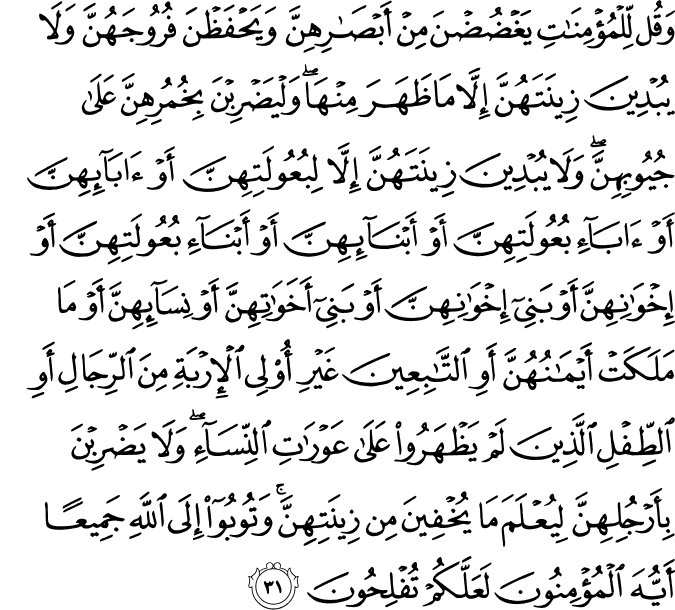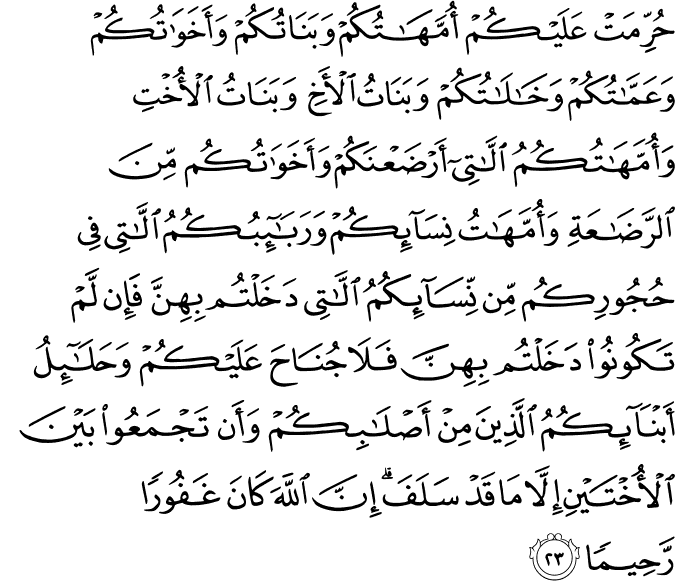I recently came upon mahrams in Islam. I know that some of the mahrams are clearly mentioned in the Quran as Allah says in Surat al-Noor (24:31):

Sahih International
And tell the believing women to reduce [some] of their vision and guard their private parts and not expose their adornment except that which [necessarily] appears thereof and to wrap [a portion of] their head-covers over their chests and not expose their adornment except to their husbands, their fathers, their husbands' fathers, their sons, their husbands' sons, their brothers, their brothers' sons, their sisters' sons, their women, that which their right hands possess, or those male attendants having no physical desire, or children who are not yet aware of the private aspects of women. And let them not stamp their feet to make known what they conceal of their adornment. And turn to Allah in repentance, all of you, O believers, that you might succeed.
I also found that the brother of your husband is not your mahram. As it's mentioned in a Hadith:
‘Uqba b. Amir reported Allah’s Messenger (may peace be upon him) as saying: “Beware of getting, into the houses and meeting women (in seclusion).” A person from the Ansar said: “Allah’s Messenger, what about the husband’s brother?” Whereupon he said: “The husband’s brother is like death.” [Muslim 26/5400]
However, I couldn't find any authentic reference neither in the Quran nor in Hadith that talks about brother in law from the sister side (sister's husband). So, is a sister's husband mahram in Islam? I am looking for answers with authentic references.

 Prohibited to you [for marriage] are your mothers, your daughters, your sisters, your father's sisters, your mother's sisters, your brother's daughters, your sister's daughters, your [milk] mothers who nursed you, your sisters through nursing, your wives' mothers, and your step-daughters under your guardianship [born] of your wives unto whom you have gone in. But if you have not gone in unto them, there is no sin upon you. And [also prohibited are] the wives of your sons who are from your [own] loins, and that you take [in marriage] two sisters simultaneously, except for what has already occurred. Indeed, Allah is ever Forgiving and Merciful.
Prohibited to you [for marriage] are your mothers, your daughters, your sisters, your father's sisters, your mother's sisters, your brother's daughters, your sister's daughters, your [milk] mothers who nursed you, your sisters through nursing, your wives' mothers, and your step-daughters under your guardianship [born] of your wives unto whom you have gone in. But if you have not gone in unto them, there is no sin upon you. And [also prohibited are] the wives of your sons who are from your [own] loins, and that you take [in marriage] two sisters simultaneously, except for what has already occurred. Indeed, Allah is ever Forgiving and Merciful.